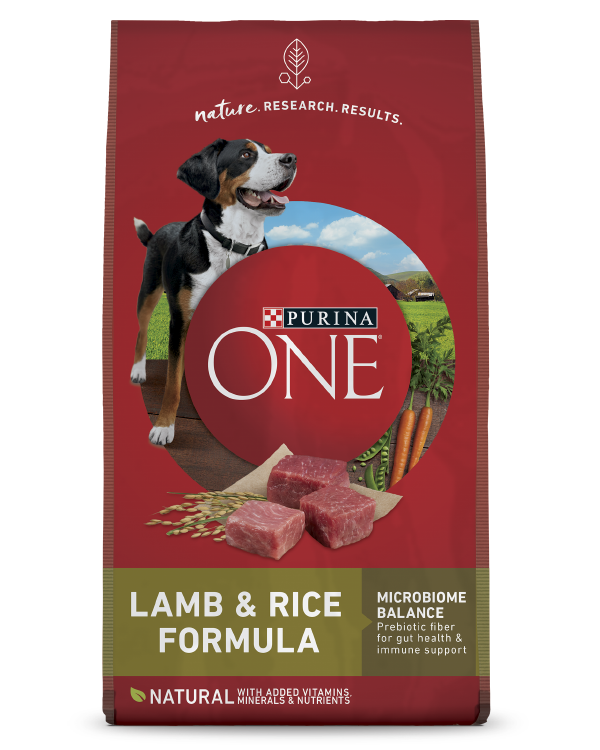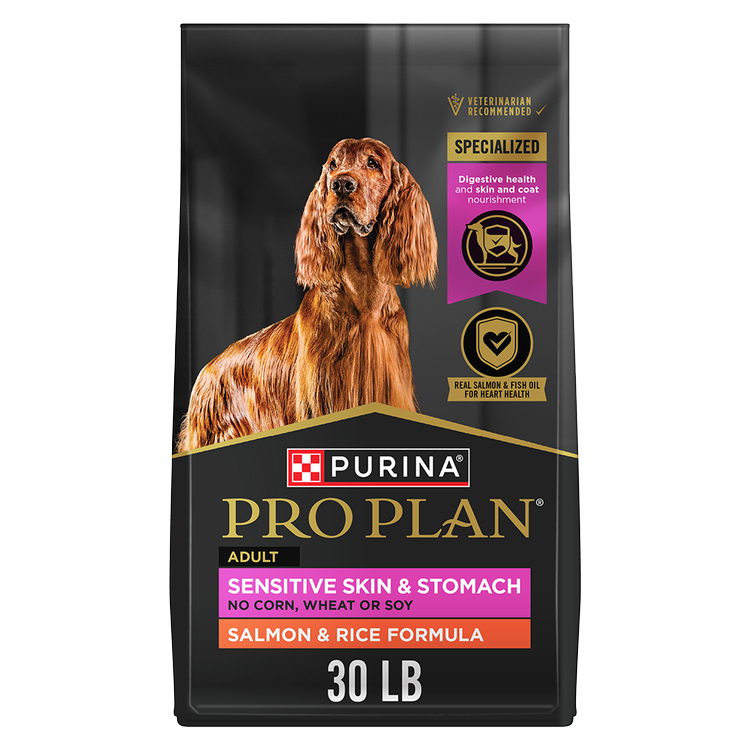Inflammatory Bowel Disease in Dogs & Cats


Inflammatory Bowel Disease, or IBD, is a complex cluster of chronic gastrointestinal (GI) disorders. These chronic GI disorders can significantly impact a dog’s or cat’s quality of life.
Some pets may have a higher chance of developing IBD. Knowing the risk factors and the symptoms will help you spot signs of IBD in your dog or cat. Then, you can work with your veterinarian on a treatment plan.
What Causes IBD in Dogs & Cats?
The causes of inflammatory bowel disease in dogs and cats are unclear. Certain factors may put them at a higher risk for IBD, however. These include:
- GI Barrier & Immune System: Seventy percent of a dog’s immune system is found in the GI tract. The GI tract acts as a physical barrier, keeping potential pathogens from crossing into areas of the body where they don’t belong. The immune system is always working to maintain a balance of inflammation and anti-inflammation. In IBD, this balance may be lost.
- Environmental Factors: Chronic stress is associated with a variety of disorders in veterinary medicine. Just ask a cat. Stress is a major contributing factor in feline urinary and respiratory conditions. Currently, it hasn’t been shown to contribute to IBD, but chronic stress does lead to systemic inflammation, which may predispose a cat or dog to developing IBD.
- GI Microbiome: The GI tract is home to billions of microorganisms, including bacteria that make vital contributions to overall health. This is commonly referred to as the GI microbiome. Much like the immune system, the GI microbiome is a balancing act of both beneficial and potentially pathogenic bacteria. Any of the above, combined with the microbiome, could lead to an imbalance, which could then progress to IBD.
Symptoms of IBD in Cats & Dogs
Inflammatory bowel disease in cats and dogs can include a variety of symptoms, including persistent or recurring:
- Vomiting
- Diarrhea
- Blood in the stool
- Weight loss
- Reduced appetite
- Total loss of appetite
These symptoms may appear in any combination and, if left untreated, could result in hospitalization or death.
If your dog or cat shows any of these IBD symptoms, make an appointment with your veterinarian. They can run diagnostic tests, such as a fecal exam, blood work, x-rays, ultrasound and/or a biopsy of the GI tract. These tests will help your veterinarian determine if your dog or cat has IBD.
Treatment of IBD in Cats & Dogs
Based on the results of the tests, your veterinarian will develop a treatment plan for your dog or cat. Severity of IBD will dictate the treatment plan.
In less severe cases, veterinarians frequently recommend changes to the pet’s diets. If dietary changes alone do not ease IBD symptoms, other treatments may include antibiotics, anti-inflammatories and/or immunosuppressants.
If your veterinarian recommends a therapeutic diet such as Purina Pro Plan Veterinary Diets, introduce the new food over a period of four to seven days, slowly increasing the amount of food each day.
A positive response to dietary changes means your dog or cat is food responsive. Most veterinarians recommend dietary changes because this reduces stimulation of the immune system.
If your veterinarian recommends a therapeutic diet to treat your pet’s IBD, you may see results within two weeks of making changes.
Get Help for Your Pet’s Irritable Bowel Syndrome
If you suspect your dog or cat has IBD, talk with your veterinarian. They can make a diagnosis and outline a treatment plan to help your pet feel better.
Explore all our pet health articles to learn more from our experts.
Related articles

Reward Yourself with myPurina
Earn and redeem rewards for Purina products with the myPurina app.





